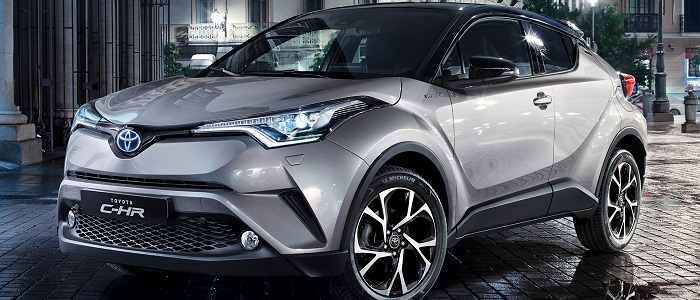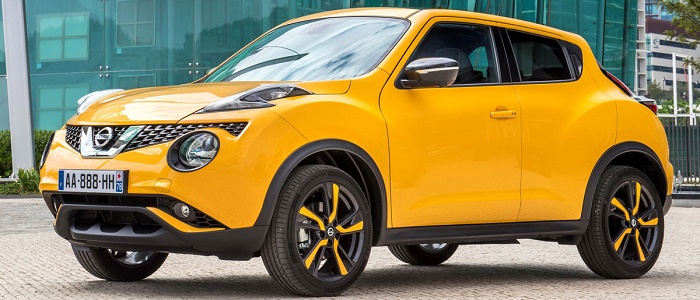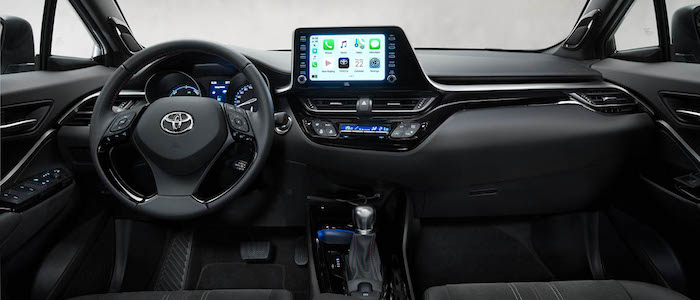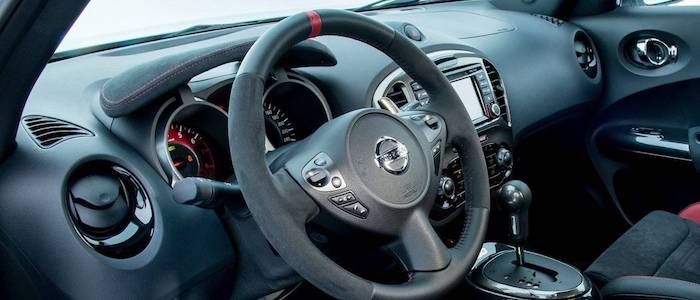Compare two cars
Compare any two cars and get our Virtual Adviser™ opinion
Marketing
Dimensons & Outlines
Engine
1.2 TCe H5Ft 115
Performance (manual gearbox)
Performance (automatic gearbox)
Expenses
Virtual Adviser's™ opinion
Two significantly similar cars, no doubt about that. Still, each one has something different to offer. Having both cars powered by petrol engines and utilizing the 5-door suv body style within the same 'SUV' segment, the only major difference here really is their wheel drive configuration (4 x 4 for the Toyota and front in the case of the Nissan). The first one has a Toyota-engineered powertrain under the hood, a 4-cylinder, 16-valves 116hp unit, while the other one gets its power and torque from a 4-cylinder, 16-valves 115hp engine designed by Nissan.
SafetyA starting point here would be to take a look at the results from European New Car Assessment Programme (Euro NCAP) tests which were performed on both of the cars, with the same number of safety stars gained in the process. Moving further on, let's take a closer look at some additional safety-related facts. Both vehicles belong to the suv segment, which is generally a very good thing safety-wise, but it doesn't do much to help us decide between the two. Furthermore, if we'd like to consider vehicle mass in this context too, which we definitely should, C-HR offers a considerable difference of 24% more metal.
ReliabilityI don't like generalizing things when it comes to reliability, although it does seem that both brands display similar results in faults and breakdowns, at least on all of the models level. These are the results of an independent reasearch, while our visitors describe reliability of Toyota with an average rating of 4.6, and models under the Nissan badge with 4.3 out of 5. Independent research findings rank C-HR as average reliability-wise, and Juke is more or less at the same level.That apart, owners of different cars powered by the same engine as C-HR rank it on average as 3.9, while the one under the competitor's bonnet gets 4.4 out of 5.
Performance & Fuel economyNissan is a bit more agile, reaching 100km/h in 0.6 seconds less than its competitor. Still, it lacks the power to win the top speed competition, topping at 178 kilometers per hour, 2km/h less than the other car. When it comes to fuel economy the winner has to be Juke, averaging around 5.6 liters of fuel per 100 kilometers (50 mpg), in combined cycle. We can't ignore that 13% difference compared to C-HR.
Verdict
Nissan appears just a bit more reliable, although the difference is truly marginal. The most important thing when deciding between any two vehicles should always be safety, both passive and active. In my opinion, everything taken into account, C-HR offers significantly better overall protection, taking the lead here. From there things take a different direction, with Nissan offering somewhat better performance, just enough to call it quicker. To make things even better, it consumps less fuel! I believe that, when we take all into account, we have only one winner here - the Nissan. Anyway, that's the most objective conclusion I could've came up with and it's based solely on the information found on this website. Aspects such as design, practicality, brand value and driving experience are there for you to measure them out. Also, you could use the oportunity to find out which car, everything taken into account, would be the perfect choice for you in the eyes of the virtual adviser™, among thousands of similar, yet so different vehicles.































